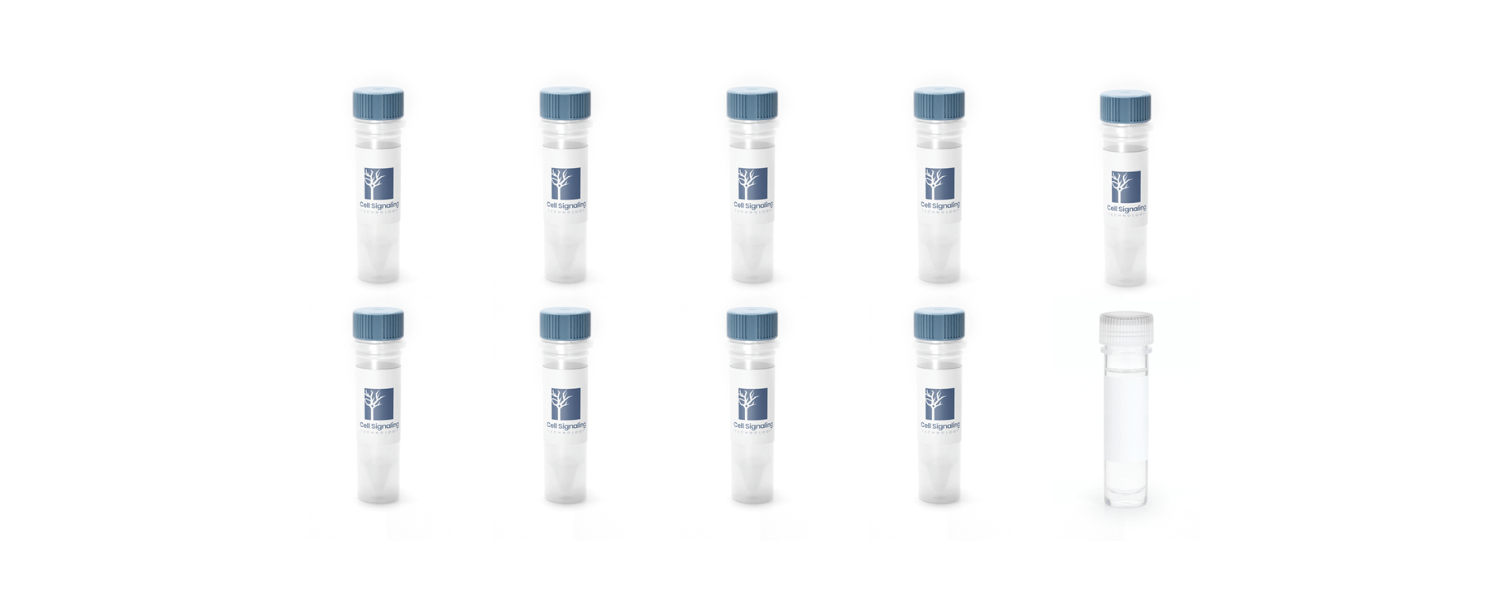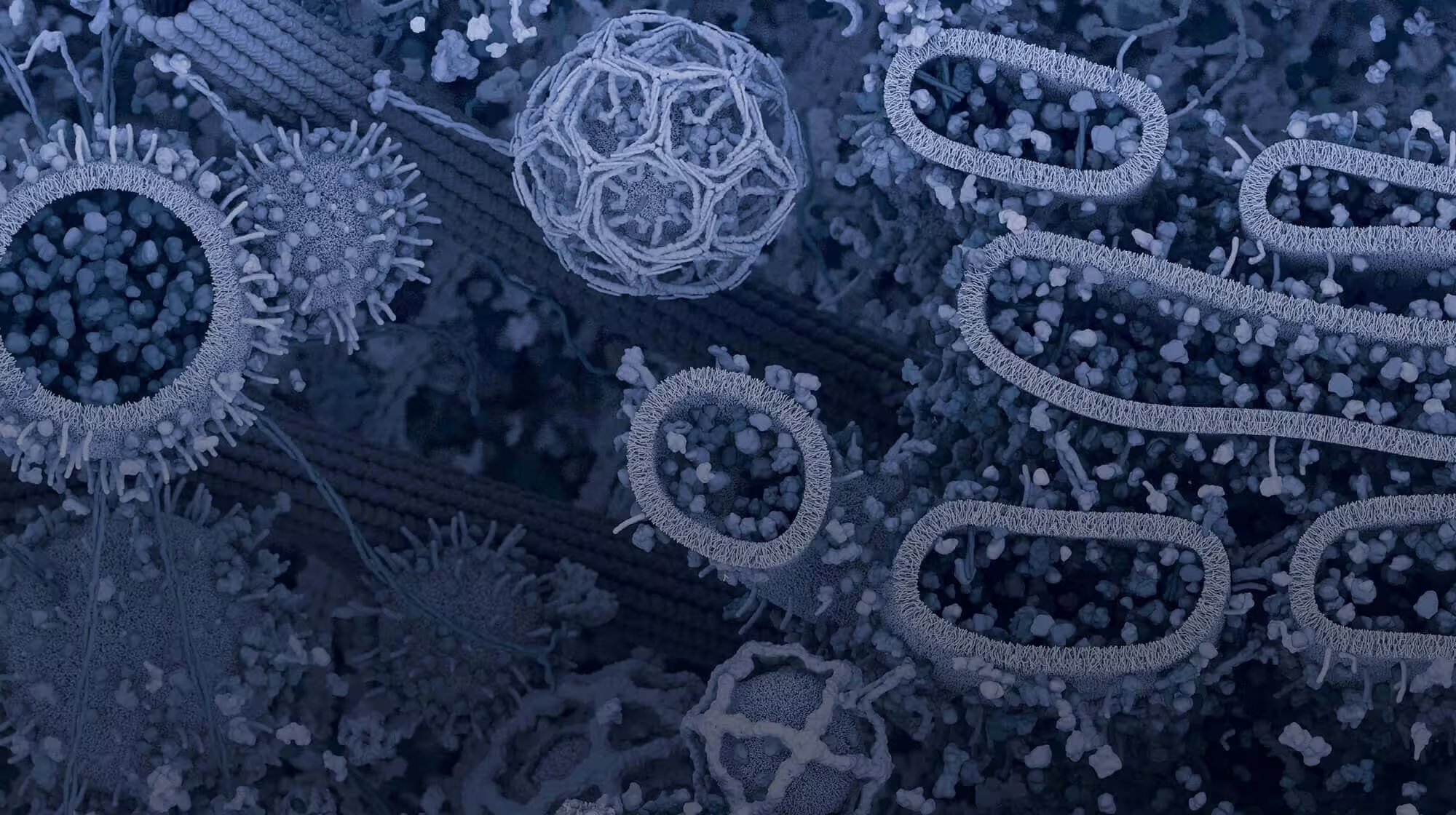Most scientists are driven by a desire to do good. Many enter the field with a dream of curing previously untreatable diseases, improving healthcare access, or inventing technology to improve lives. However, research is resource-intensive, and while striving to ensure a healthier population, it’s important to consider solutions for a healthier planet, too.
“Labs consume 10 times more energy and four times more water than a commercial office space and produce an estimated 5.5 million metric tons (about 6.1 US tons) of plastic waste annually." ~ Source: Lab Manager
To make your lab greener, there are a variety of solutions you can employ to reduce energy usage, conserve water, reuse equipment, mitigate plastic waste, and practice green chemistry. We’ve implemented many of these practices at CST, in addition to setting an ambitious climate goal to achieve net-zero emissions by 2029, and committing to donate at least 1% of our total annual revenue to non-profits tackling environmental and social issues through 1% for the Planet. These sustainability goals allow us to move science forward in an environmentally and socially responsible way.
In this post, we share tips for sustainable practices based on our experiences that you can employ in your lab.
Water Conservation
Implementing water conservation initiatives in your lab begins with an understanding of water usage—which processes and procedures use the most water, and which use the least? By implementing water metering throughout our facilities, we are able to answer these questions and determine the most effective areas to implement conservation initiatives.
%20BRAND/Lab%20Sustainability%20at%20CST.png?width=500&height=379&name=Lab%20Sustainability%20at%20CST.png)
These are a few of the most impactful areas we identified and the solutions implemented:
-
Sinks: Since hands are often in use at the sink, foot pedals and hands-free faucet control are convenient ways to reduce water consumption in the lab. Another solution includes installing low-flow aerators, which can be screwed into the end of faucets to help reduce faucet flow from four gallons per minute to <1.5 gallons per minute without reducing water pressure.
-
Water Baths: Bead baths are a water-less technology that replaces non-circulating and non-shaking laboratory baths with reusable, metallic beads to reduce energy consumption and water use. This innovative solution also has the added benefit of reducing the chance of sample contamination.
-
Water Irrigation: When appropriate, there are many opportunities to capture wastewater from one process for reuse in another. Working with our Facilities and Environment, Health, & Safety (EHS) teams, we capture the rejected water from our reverse osmosis deionized (RODI) system and use it for irrigation onsite for indoor and outdoor plants. We are now exploring rainwater and condensate capture from our air handling units (AHUs) to water our community garden.
Energy Efficiency
Labs consume five to ten times more energy per square foot than offices, and energy efficiency is often cited as one of the key areas to improve sustainability. We’ve employed the following energy conservation measures, many of which can be easily implemented in your lab as well:
-
Fume Hoods & Biosafety Cabinets: When a fume hood is in use, its door (or sash) needs to be open–but when not in use, the sash should be closed for safety reasons and to conserve energy. When left open, the variable air volume (VAV) fan continues running at higher speeds, driving air change rates and consuming additional energy. Sash closure is a behavior change that can have a big effect on your lab’s HVAC system. In our labs, we’ve implemented automatic sash closers to address this issue. Other strategies include creating signs or stickers reminding personnel to “shut the sash,” or employing ductless fume hoods for specific chemical processes, if your lab is considering a replacement. Similar behavior-altering strategies and clear policies can be employed in biosafety cabinets to ensure they’re not left open or the UV lights left on. We’ve put the UV lights in our biosafety cabinets on timers to ensure they’re not left on for extended periods of time after use.
-
Ultra-low Temperature (ULT) Freezers: Some of the most energy-intensive lab equipment includes ULT freezers, which are typically set to -80°C. By setting ULTs to -70°C, you can save up to 30% on energy usage without compromising sample quality. Additionally, regularly removing frost build-up and periodically conducting a full freezer defrost and clean-out can not only help improve efficiency but can extend the life of your freezer as well. A freezer defrost is also the perfect time to conduct a sample inventory. Discarding old samples, updating labeling, and implementing an inventory system can help reduce the time spent searching for samples—and with freezers being opened and closed all day, this can have a big impact on efficiency.
Looking to improve your freezer efficiency? Already implemented many of these solutions? Check out the Freezer Challenge by My Green Lab for more freezer efficiency tips and to join the competition!
-
Solar & Battery Storage: At the building level, installing solar panels is an effective way to establish the use of renewable energy in your lab. Besides benefiting the planet, most solar projects typically deliver a positive return on investment in five years, so it can be a smart business decision, too. We've added solar panels to both of our US facilities in an effort to increase onsite renewables and reduce the amount of electricity pulled from the grid. We’re also exploring piloting battery storage to reduce demand on our regional grid during peak days and maximize the use of electricity with a lower emission factor.
Recycling & Reducing Single-Use Plastic
Scientists produce about 15 times more plastic waste than the average individual. From pipette tips to plastic cell culture dishes, research labs create an estimated 5.5 million metric tons of plastic each year, accounting for nearly 2% of the world’s plastic production.
“More than 12 billion pounds of scientific plastic waste is generated globally each year.” Source: Polycarbin
Reducing reliance on single-use plastics is an effective place to start reducing waste. We’ve implemented sustainable solutions in our labs and continue to pilot additional ways to reduce our use of plastic and search for alternative, fossil fuel-free, options.
- Reduce: Switching to plastic products made with bio-based materials is a good way to reduce fossil-based plastic use without changing processes. For example, we’re testing bio-based Eppendorf tubes, which are made with 90% bio-based plastic. Check to see if your suppliers offer bio-based versions of the products used in your lab, and search the ACT label database to find alternative products. Finally, talk to your purchasing and procurement department about looking for new options—with combined buying power, these types of purchasing decisions can help shift entire markets.
-
Reuse: In our labs, we reuse empty pipette tip boxes by washing/autoclaving after use and utilize refillable tips to avoid purchasing additional plastic. When we replace or upgrade lab equipment, we also donate to Seeding Labs so that scientists around the globe can make use of equipment. So far, we've donated over 750 pieces of lab equipment and supplies (totaling over $600K), which have made it to 50 universities in 24 developing countries—and counting!
-
Recycle: In addition to recycling and composting, we’re piloting PolyCarbin for laboratory plastic waste, which closes the manufacturing loop by remaking plastic products with up to 85% recycled materials. The single-use plastics generated in our lab are sent to PolyCarbin, where they are recycled and remade into new lab consumables. Currently, we’re piloting their pipette tips, which are being made from our recycled waste tip stream.
Green Chemistry & Sustainable Purchasing
The use of hazardous chemicals in the laboratory is often taken for granted—but it doesn’t have to be. There are several changes you can make to use chemicals that are less harmful to humans and the environment and to minimize the creation of hazardous waste. Examples of this in our labs include:
-
Dimethylformamide (DMF): The Peptide Lab, part of our antibody development core, reduced DMF consumed by our peptide synthesizers by 17% as a result of eliminating a wash step. The group is now exploring eliminating another wash step to further reduce the use of DMF.
-
Formaldehyde: Our Epigenetics Applications Lab has reduced formaldehyde use through process changes that include combining and concentrating cell cultures (where appropriate) during the cell fixation process. Ultimately, the group has reduced formaldehyde waste by 95%.
-
Alternative Solvents: CST has tested alternative greener solvents for various processes. Currently, we are testing alternative, green solvents in various application areas. It remains important to explore new replacements that are less hazardous, have a lower environmental footprint, and can be disposed of more easily.
Take Action: Solving the Lab Sustainability Problem for Our Planet
Research institutions, scientists, and the general public have become increasingly aware of the importance of sustainable lab practices in recent years. Getting the buy-in to make changes to processes and procedures that have been in place for years can be challenging, however. Based on our own experience of rolling out these sustainability solutions, we have a few considerations for you to keep in mind as you implement changes in your lab and work to institutionalize action:
-
Often, the first step is identifying the areas that will be affected. This includes R&D, production and manufacturing, and other non-lab spaces that use energy or produce waste. By understanding the full scope of the project, you can better plan for logistical challenges that may arise. It's vital to involve key stakeholders from the start, such as your facilities and operations, EHS, and leadership teams.
-
Attaining leadership buy-in is essential for a successful rollout. By getting the support of lab managers and other leaders, you can secure the resources and funding needed to implement your initiatives. When securing buy-in, it’s important to clearly communicate the benefits of these initiatives and how they align with your lab's overall mission and goals, while acknowledging that the research and science come first.
-
Piloting your initiatives on a small scale is a good way to identify potential issues and make adjustments before rolling them out across the entire lab. This also allows you to build momentum and excitement among your colleagues. You can achieve this through activities such as engaging researchers during lunch and learns, setting up informational meetings, and gathering feedback on the programs that are most important to colleagues.
As you plan your initiatives, be sure to check out organizations such as My Green Lab (MGL), a nonprofit organization that provides helpful resources to get you started, as well as certification programs to demonstrate your progress. The ACT Label from MGL, which stands for Accountability, Consistency, and Transparency, is also a great resource for choosing more sustainable lab products. CST is a proud sponsor of MGL, and we’re also beginning our journey to officially certify our labs and products.
Best practice sharing is key to real success and magnifying impact. We need to collaborate and avoid reinventing the wheel. If we work together to create and implement solutions, we can continue to advance sustainability in science and create positive change.
Combined action and shared solutions (and challenges) will ensure a healthy and diverse global scientific community for the planet and future generations!
Learn more about our sustainability initiatives at CST
- Seeding Labs: Donated CST Lab Equipment Finds New Purpose in Malawi & Beyond
- Environmental Stewardship and 1% for the Planet Drive Global Giving at CST
- Restoring a Living Shoreline: CST Volunteers with Salem Sound Coastwatch
- Cell Signaling Technology Joins 1% for the Planet
Alexandra Foley, Scientific Marketing Manager, contributed to writing this post. 23-BCH-81596



/42157_chimeric%20antibody%20blog%20featured3.webp)


